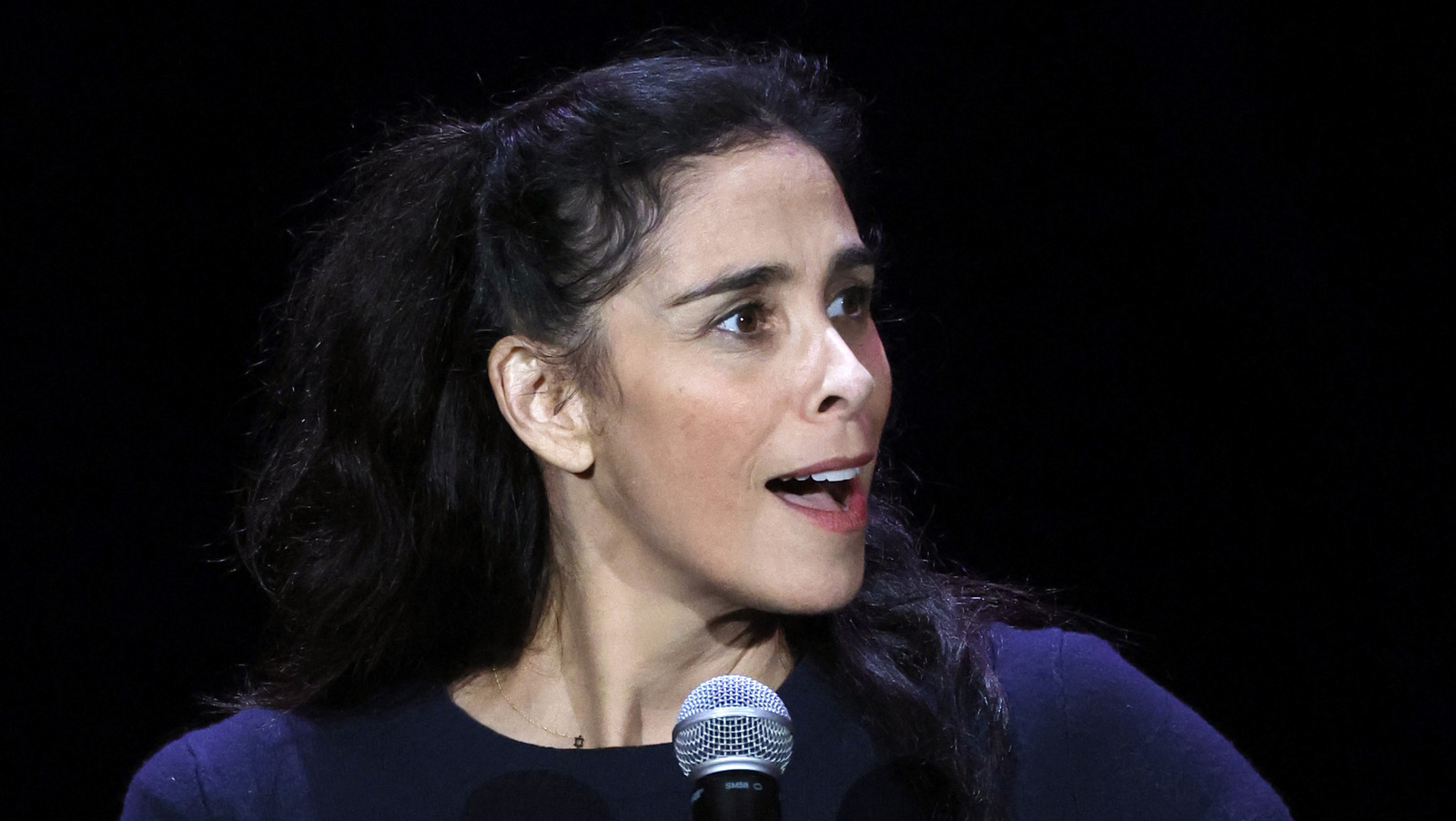
Labelling OpenAI’s conduct as “unfair, immoral, unethical, oppressive, unscrupulous or injurious to consumers,” the authors’ legal representatives say OpenAI trained and reaped financial benefits from their “stolen” copyright-protected works without proper attribution. Another interesting aspect of the lawsuit claims that OpenAI — and Meta (in a different lawsuit) — not only violated the copyright privileges of the authors and the publishing houses but that it also relied on supposedly illegal sources for access to the books involved in AI training.
The lawsuit claims the only way OpenAI could have acquired the vast cache of books used to train its LLM was by accessing a so-called “shadow library,” which refers to websites like Library Genesis Z-Library, Sci-Hub, and Bibliotik. Based on OpenAI’s own past revelations, the lawsuit estimates that one of the two datasets of books used to train large language models like GPT may have contained as many as 294,000 titles, but notes that the company never disclosed the sources of these books.
The lawsuit claims that when prompted, ChatGPT was able to provide an accurate summary of Silverman’s book, indicating it was included in the training data. “Plaintiffs never authorized OpenAI to make copies of their books,” among other things, the lawsuit says, going on to claim that the authors “have been injured by OpenAI’s acts of direct copyright infringement.” This isn’t the first lawsuit OpenAI has faced. The company was hit with legal action earlier this year over ChatGPT generating false information.
Stay connected with us on social media platform for instant update click here to join our Twitter, & Facebook
We are now on Telegram. Click here to join our channel (@TechiUpdate) and stay updated with the latest Technology headlines.
For all the latest Automobiles News Click Here
